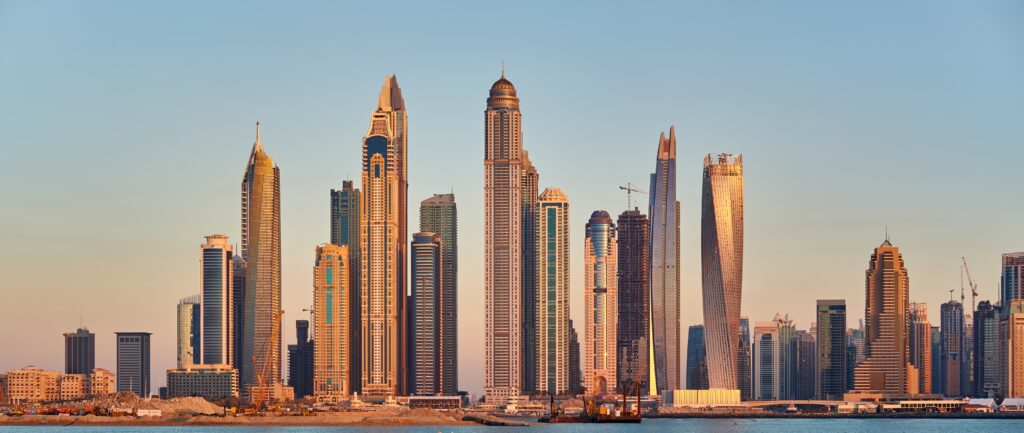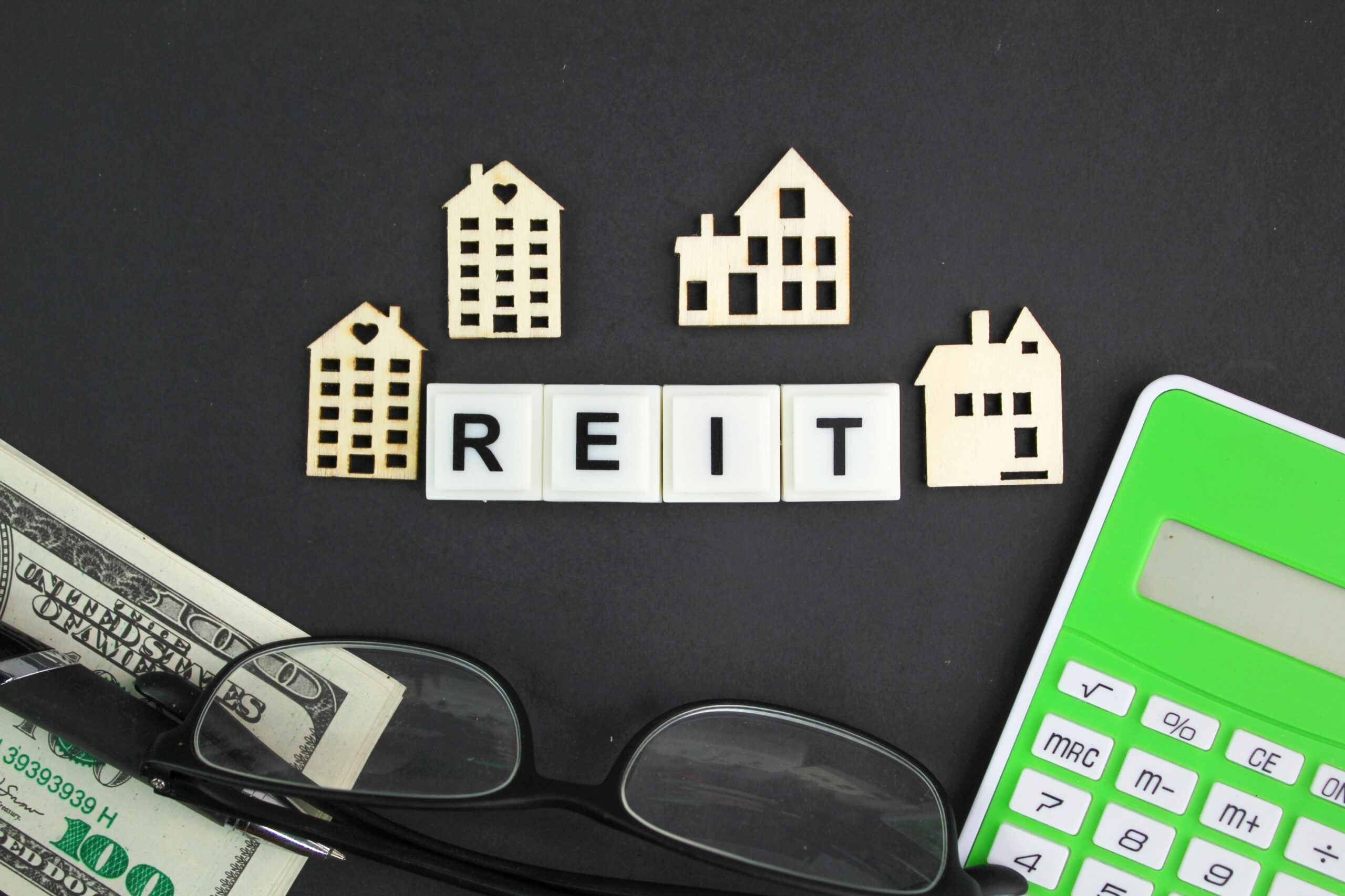Dubai’s property market is a dynamic realm influenced by several key factors. Whether you are looking to rent a property or invest in real estate with the purpose of renting it out, grasping these influences is vital.
Here are the 5 fundamental factors that wield significant sway over Dubai’s rental prices.

1. Economic trends
Dubai’s economic dynamics intricately shape rental prices, particularly in flourishing sectors. The Dubai International Financial Centre (DIFC) serves as a prime example, witnessing a remarkable 20% surge in registered companies in 2023, totalling 4,377.
Fueled by expanding industries, this growth not only underscores the city’s economic vibrancy but has also propelled the DIFC to generate over AED 1 billion in revenue. With a 20% increase in employment to 36,083, showcasing a burgeoning hub for talent, the escalating demand for housing is expected to drive up rental rates.
2. Geographical location
The age-old mantra holds true in Dubai’s property market. Proximity to key landmarks, amenities, and transportation hubs can greatly influence rental prices.
Premium locations with easy access to business districts, schools, and entertainment facilities often command higher rents compared to areas farther from these conveniences.
For example, real estate in areas like Dubai Marina and Business Bay command a higher rental yield due to their centralised location and excellent connectivity.
3. Lifestyle and amenity factors
The type and size of the property are significant factors in determining its rental value. Apartments with additional amenities, such as gyms or swimming pools, may come at a higher cost. Similarly, larger living spaces command higher rents.
Understanding the correlation between property features and rent is essential for making informed decisions.
Villas in Dubai generally have a higher rent than apartments, as they provide much more space and privacy.
4. Market demand and supply
Supply and demand play a crucial role in Dubai’s rental market. An oversupply of properties can lead to competitive pricing and more favourable rental terms for tenants.
Conversely, a shortage of available units can drive rents higher. Regularly monitoring market dynamics helps gauge the balance between supply and demand.
Currently, owing to the ever-growing population, the demand for rental properties continues to be high.
5. Government policies
Dubai’s real estate sector is subject to government policies that can impact rental prices. Changes in regulations, such as rent caps or adjustments to property ownership laws, can have effects on the rental market.
Staying abreast of policy developments is essential for a comprehensive understanding of the market.
How can PRYPCO let you invest in Dubai’s real estate and earn rental income?
PRYPCO Blocks is a real estate fractional ownership platform that offers you the opportunity to earn rental income and capital gains with a diverse portfolio of properties. With a minimal investment of just AED 2,000 (approx. USD 540), you can experience an efficient, quick, and easy way to enter the real estate market.
Conclusion
Renting a property in Dubai involves navigating a multifaceted landscape influenced by economic conditions, location, property features, market dynamics, and government policies. By being aware of these factors, tenants and landlords can make informed decisions aligned with their goals.
Whether looking for a home or considering an investment, a nuanced understanding of Dubai’s rental market is the key to success.




